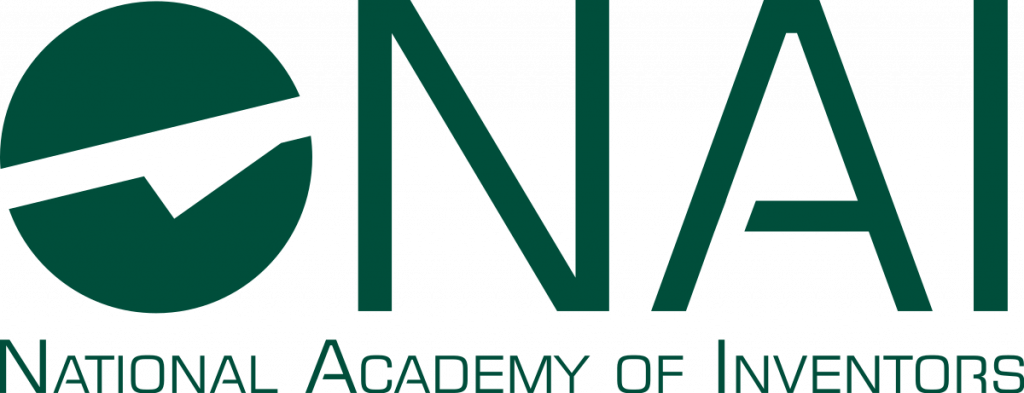Making Changes in the Academic Incentive System
A workshop hosted by the National Academy of Inventors in 2020
This workshop, hosted by the National Academy of Inventors, focused on the question “How can university incentive systems best encourage highly engaged fundamental research for addressing society’s deepest challenges?”
This online event was hosted on June 9, 2020, as part of the NAI virtual ScholarShare series. A recording of the event is available here.
Workshop Description:
There is now growing agreement that the world could benefit greatly if more basic research also had the direct intention of long-term positive societal impact. Research projects of this type, recently described as Highly Integrative Basic and Responsive (HIBAR) research, have a long history of leading to major breakthroughs that changed the world, and today society needs these breakthroughs more than ever.
To encourage more HIBAR research, universities should ensure that academic incentive systems, especially with regard to promotion and tenure processes, are appropriately aligned. Unfortunately, some aspects of the traditional promotion and tenure system unintentionally discourage faculty researchers from working on HIBAR projects, so there is a compelling need for changes that would better encourage HIBAR research while maintaining high standards of academic excellence. These changes are essential and, fortunately, realizable.
There are three main categories of barriers within the traditional university incentive system that disadvantage HIBAR research:
- The societal impact of research is difficult to assess, especially within the time frames needed for promotion decisions;
- Academic promotion processes emphasize independent work, but impactful research usually requires diverse teams; and
- University promotion systems are complex and occur at many levels, and there is often uncertainty between those levels about how decisions will be made, which discourages HIBAR research and instead encourages more traditional, less engaged academic pursuits.
The required changes are not onerous, but even minor changes can be difficult because organizations have a natural tendency to maintain the status quo. However, successful organizations can, and regularly do, adapt by following well-known change principles. First, their members collaboratively identify what specifically needs to change, how it should change, and actions that they can take to achieve these changes in a timely manner. Then, they develop and implement a plan that carries out these actions with sufficient intensity to reach the “new normal” and for a long enough period to ensure that it persists.
The goals of this 90-minute workshop session were to share and deepen participants’ understanding of the challenges and benefits of incentivizing HIBAR research and to identify steps that they can take, and/or which they can share with others to help these changes propagate.

